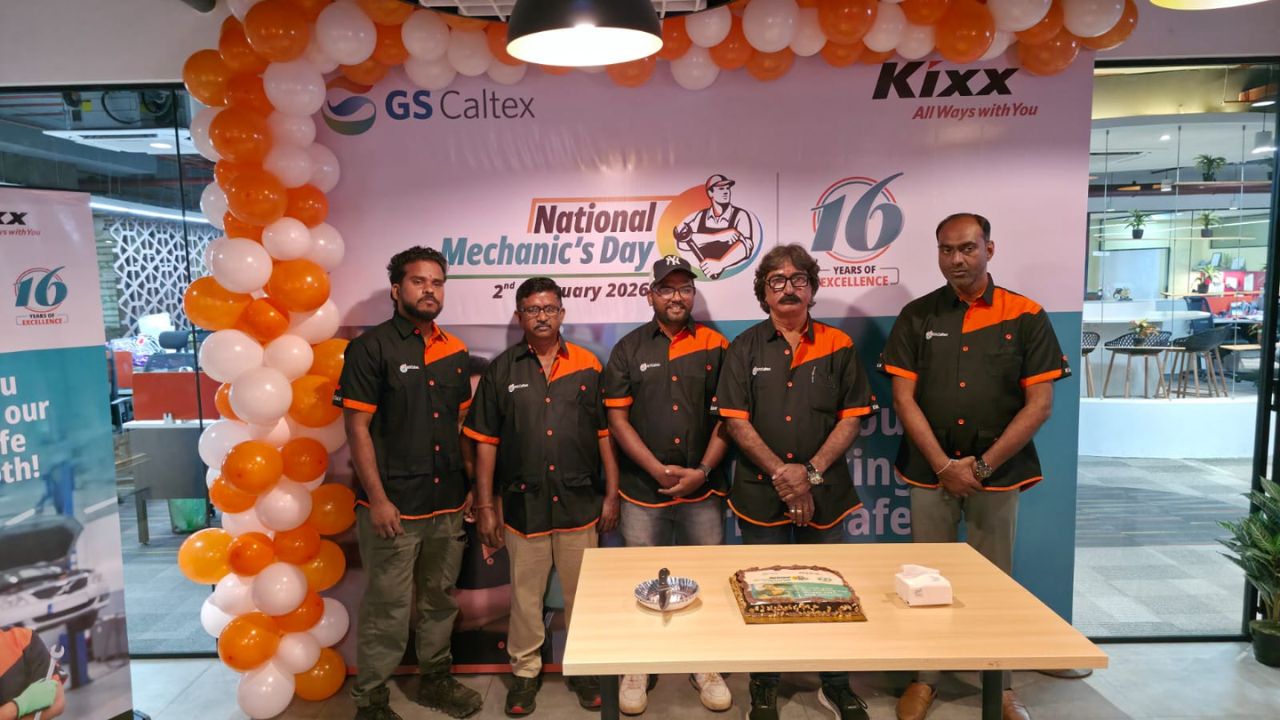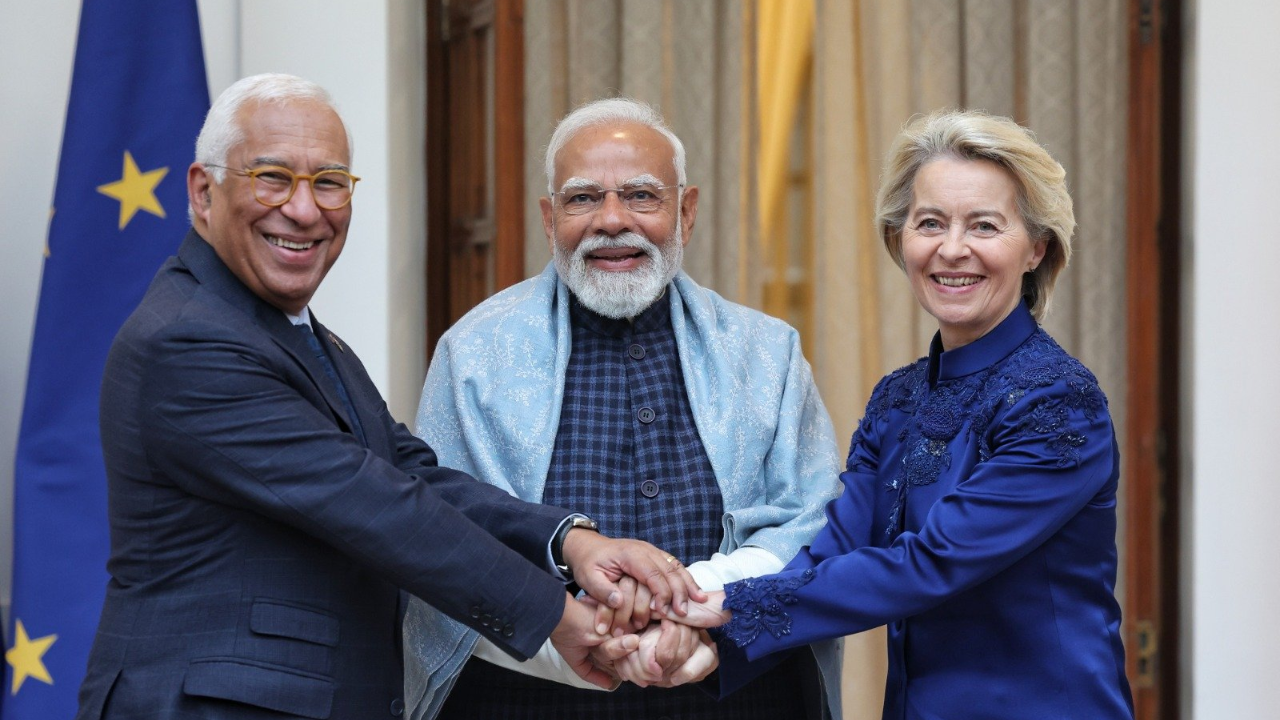The report is based on several surveys Forrester carried out with more than 3,000 IT executives and B2B marketers from around the world, including China, Australia, India, Indonesia, Japan, Malaysia, the Philippines, New Zealand, and Singapore, during the last quarter of 2012.
The two main areas where B2B marketers rely on social media are lead origination and lead nurturing.
Based on the surveys, Forrester found that for B2B marketers, LinkedIn is poised to overtake Facebook for lead origination. While currently more use Facebook (92 per cent) compared with LinkedIn (84 per cent), 48 per cent of B2B social marketers plan to increase their lead origination usage of LinkedIn discussion groups and pages in 2013. According to the report, this could be due to the high usage of LinkedIn by senior decision makers.
Facebook pages, on the other hand are proving to work better for consumer marketing than B2B marketing, and furthermore are best suited as a relationship channel. Research firms have found that customers and prospects most likely visit Facebook pages only when they already have a relationship with a brand—not when they are reaching out to them for the first time.
Surprisingly however, Facebook pages are also proving ineffective at lead nurturing for B2B marketers.
One new social platform that is failing to gain traction is Pinterest. Despite its rapid growth, 62 per cent of B2B marketers are either not using it or decreasing their usage, finds Forrester.
Virtual events are also proving to be better for interactions with existing prospects and customers. Sixty-two per cent of respondents either don’t use or are decreasing their use of virtual events for lead origination. Forrester’s report author, Zachary Reiss-Davis, believes that this is because, for many people in the discovery phase of the customer's life cycle, virtual events require too large a time commitment.
Where virtual events come to the fore, however, is for lead nurturing. Fully 50 per cent of B2B social marketers plan to increase their usage of virtual events for lead origination in 2013, and only 4 per cent plan to decrease their usage.
Twitter and online video too have seen growth for lead nurturing. Video content is a depth tactic that gains in effectiveness as customers and prospects are willing to invest more time in their relationships with the brand, said the report. Twitter, in contrast, is effective in building a healthy online community.
Recommendations
The research firm suggests that B2B marketers focus on LinkedIn and Twitter instead of Facebook and work harder at integrating the social channels. “Effective social initiatives must combine multiple different channels to achieve success,” it advises.
B2B marketers should also turn to more-expensive social channels, such as videos and virtual events, to stand out. “Don’t avoid them altogether simply because they take a bigger investment to use. Instead, treat them as important parts of your content-marketing strategy, and use other social channels to drive more attention to them,” said the report.
The article first appeared on Campaign Asia






